Does advanced arthritis in the TMJ have to be treated with total joint replacement?
 No.
No.
Rheumatoid arthritis isn’t as common in the TM joint as other joints in the body.
Why?
Does advanced arthritis in the TMJ have to be treated with total joint replacement?
 No.
No.
Rheumatoid arthritis isn’t as common in the TM joint as other joints in the body.
Why?
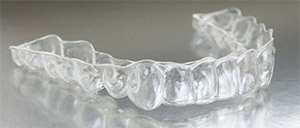 Dentistry has traditionally used plastic appliances (splints and nightguards) to fit over the teeth and protect them from the damaging effects of bruxing (grinding the teeth) and clenching (pressing the teeth). Known as nightguards, splints, and bitegurds, they have been traditionally used while sleeping because much of the damage occurs while sleeping. (more…)
Dentistry has traditionally used plastic appliances (splints and nightguards) to fit over the teeth and protect them from the damaging effects of bruxing (grinding the teeth) and clenching (pressing the teeth). Known as nightguards, splints, and bitegurds, they have been traditionally used while sleeping because much of the damage occurs while sleeping. (more…)
 Here is a great resource that showcases 9 symptoms that may indicate you have sleep apnea.
Here is a great resource that showcases 9 symptoms that may indicate you have sleep apnea.
This article by Reader’s Digest may cause you to recognize that you should be evaluated for sleep apnea.
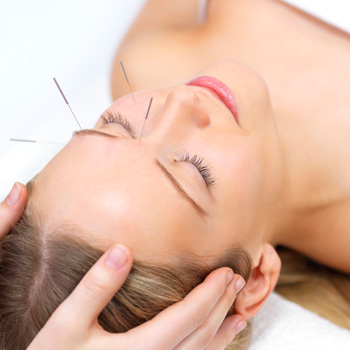 A study done in Brazil at the Dental College wanted to find out. In 68 people seen for TMJ problems, they evaluated the ability of acupuncture to help with the symptoms of TMJ, which are muscle pain(s) both around the jaw joint and at more distant places around the head and neck.
A study done in Brazil at the Dental College wanted to find out. In 68 people seen for TMJ problems, they evaluated the ability of acupuncture to help with the symptoms of TMJ, which are muscle pain(s) both around the jaw joint and at more distant places around the head and neck.
You’re better off smoking than snoring…
Snoring rarely bothers the person snoring but often deprives others from restful sleep, even when sleeping in a different room.
 A recent study from the Mayo Clinic shows that the route of insomnia is caused by sleep apnea.
A recent study from the Mayo Clinic shows that the route of insomnia is caused by sleep apnea.
We hear people say “I can’t sleep….and I don’t want to take the sleeping pills because they don’t help either….”
This weekend I attended a seminar that updated current concepts in Dental Sleep Medicine; including the rising statistics of sleep disordered breathing (snoring, sleep apnea, insomnia), state of the art therapy with oral appliances and technologies available to Dental Sleep Medicine to help oral appliance efficacy.
Do you have ear pain?
Ear pain, stuffy ears, tinnitus, neck pain can all be symptoms of a TMJ disorder from a full CPAP mask.
CPAP is the primary treatment offered for Obstructive Sleep Apnea and snoring. Surgical approaches are available with differing success rates and risks.
Oral Appliance therapy for sleep apnea is gaining popularity for it’s convenient use and longitudinal studies show better health outcomes for patients who use Oral Appliances all night, every night compared to the standard 4+ hours of CPAP use in an 8 hour sleep period.
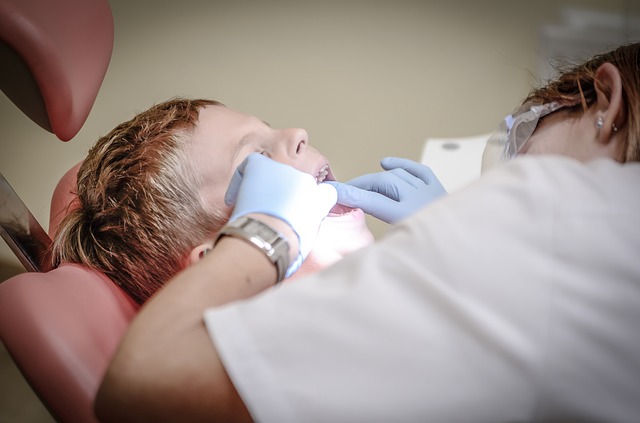
 YES. And many other things as well.
YES. And many other things as well.
Anything that impacts the jaw, abnormal movements can contribute to a TMJ problem becoming symptomatic. All common dental procedures place the jaw joint in a certain degree of hyper-extension (wide open) for periods of time. It’s the only way Dentists can treat decay, gum disease, and perform mouth surgery.
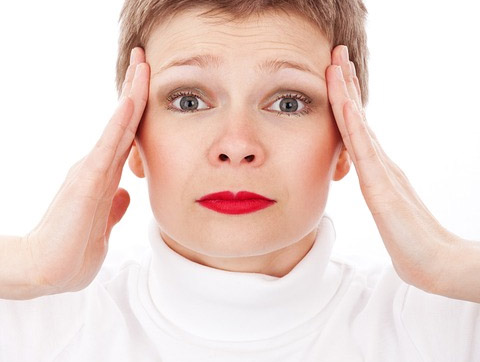

Patients are referred to me for answers to their headache pain, jaw problems (TMJ), clenching or bruxing, among other symptoms. Many other find me on the web or through the website.
The effect of disorders in our body cause symptoms (effects). The cause of that symptom may be close to the pain or not. For instance, a headache on one side can be the effect of a shoulder problem, neck problem, TMJ problem, hormones, or conditions in the brain. Getting to the cause can sometimes lead to evaluation of related muscles, joints, and body areas from the headache pain.
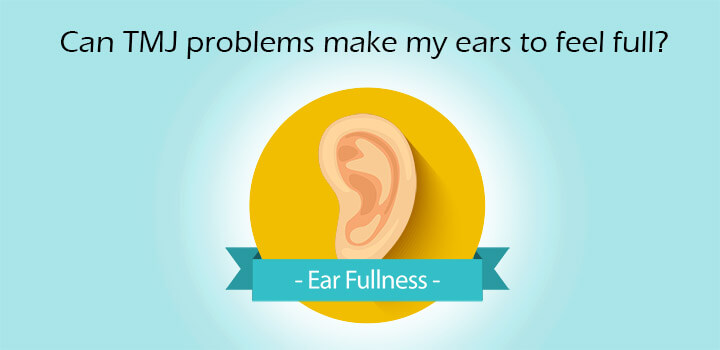

Yes. The TMJ or Temporo -Mandibular-Joint, or TMJ is positioned just in front of the ear and, in fact the back side of the TMJ socket is a thin membrane of bone sharing the front of the inner ear where the delicate bones and structures are located.
Stuffiness of the ear can come from several causes that are TMJ related. Tension in some of the jaw muscles can actually trigger tension in the inner ear muscle, the stapedious muscle. When it happens the eardrum tenses and can give a sense of diminished hearing, or stuffiness. Chronic clenching or grinding of the teeth can trigger these types of spasms.